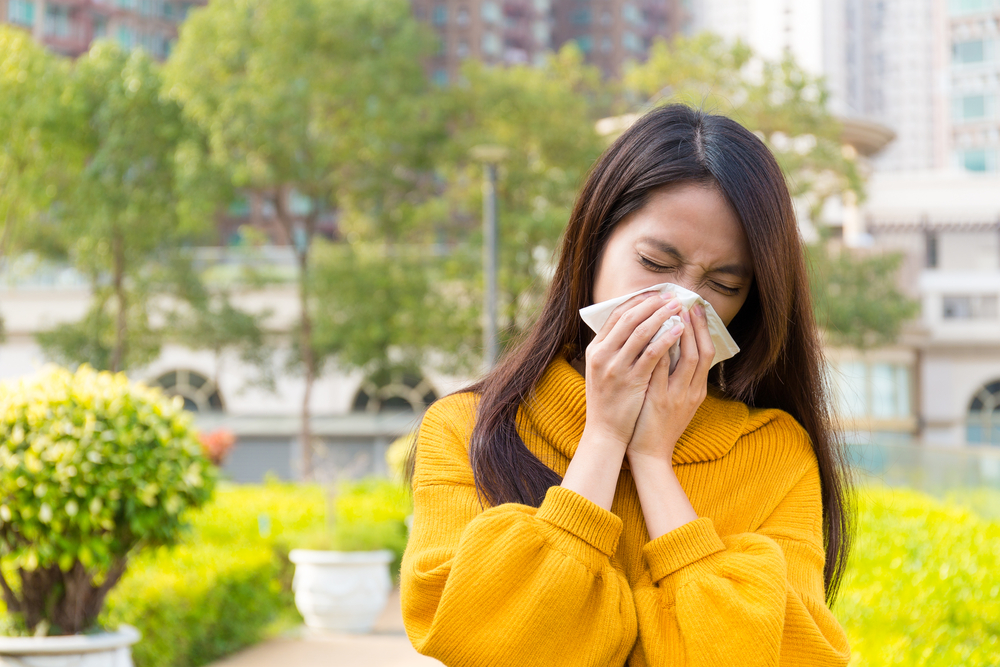Ah, the arrival of early spring brings with it not just the promise of warmer days but also the unwelcome return of seasonal allergies. As the trees bud and the flowers bloom, so too do the familiar symptoms of itchy, watery eyes, congestion, sneezing, and a perpetually runny nose. Whether you’re a seasoned sufferer or newly acquainted with this annual nuisance, understanding the triggers and symptoms of seasonal allergies is key to finding relief.
What are the symptoms of springtime allergies?
Early springtime allergies manifest in a variety of ways, including:
- Itchy, watery eyes
- Nasal congestion
- Sneezing
- Runny nose
- Sinus pressure
The environment’s role in seasonal allergies
Your geographical location significantly influences the onset and severity of seasonal allergies.
Spring, summer, and fall each bring their own allergenic culprits, ranging from trees and grasses to ragweed and mold. Factors such as mild winters, rainy springs, and windy days can exacerbate symptoms by affecting pollen dispersal and mold growth.
Key environmental factors
- Mild winters can trigger early plant pollination.
- Rainy springs promote rapid plant growth and increased mold production.
- Windy conditions worsen pollen dispersion, particularly in the morning hours.
- Ragweed thrives in various regions, notably the East Coast and Midwest.
Understanding your immune system
Seasonal allergies stem partly from an overactive immune response to airborne allergens such as pollen, mold, and pet dander. Upon exposure, the immune system produces antibodies that trigger symptoms affecting the nasal passages, sinuses, airways, skin, and even the digestive system.
Additional allergy triggers to consider
Beyond traditional allergens, other seasonal triggers can provoke allergic reactions. These may include smoke from summer campfires, indoor pollutants like fireplace smoke in winter, insect bites, chlorine in swimming pools, and even holiday decorations like pine trees and wreaths.
Finding allergy relief and treatment
While it may seem impossible to escape allergens entirely, effective relief is attainable. Various treatment options exist, ranging from over-the-counter medications and antihistamines to prescription nose drops and immunotherapy (allergy shots).
Rather than merely masking symptoms, identifying specific allergens is crucial to finding lasting relief.
Consult an ENT specialist
For personalized diagnosis and treatment of seasonal allergies, consulting with a specialist is essential. Seek guidance from an ENT professional to uncover the underlying causes of your symptoms and develop an effective management plan tailored to your needs.
Don’t let seasonal allergies dampen your enjoyment of spring—take proactive steps towards relief today.
Find an ENT specialist near you to get on the path towards relief.
